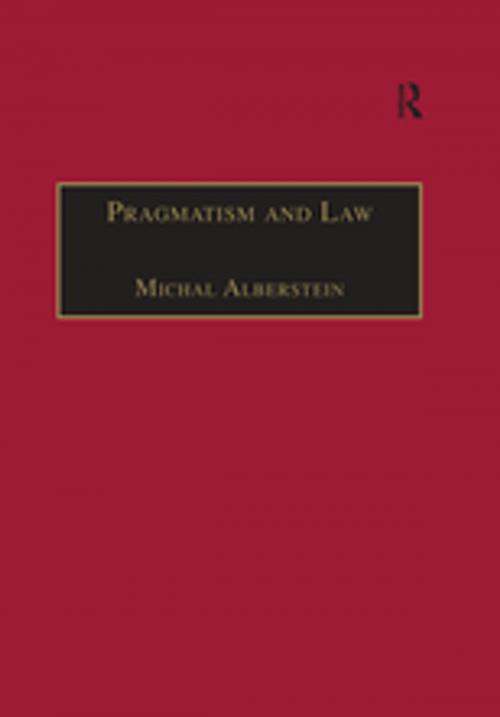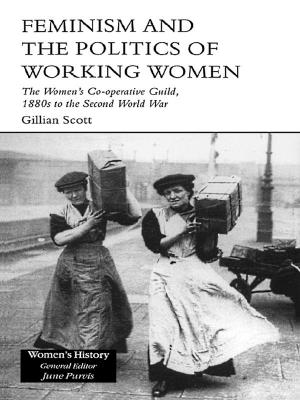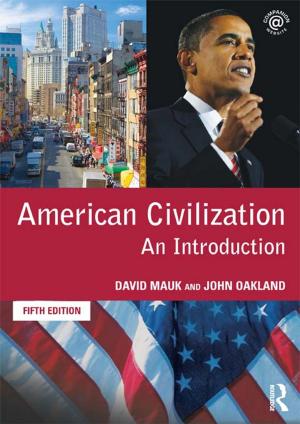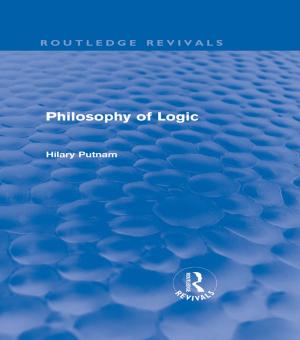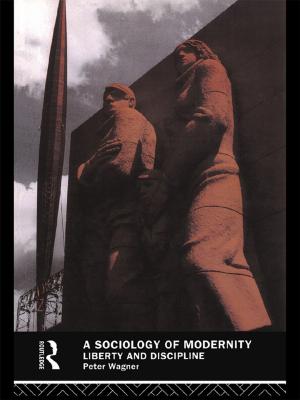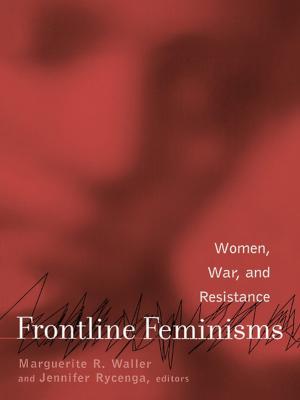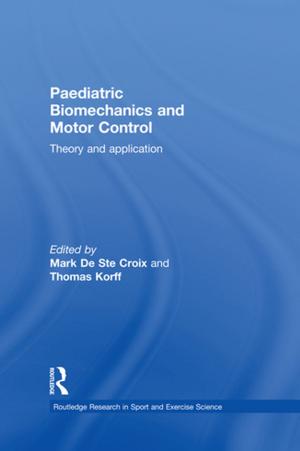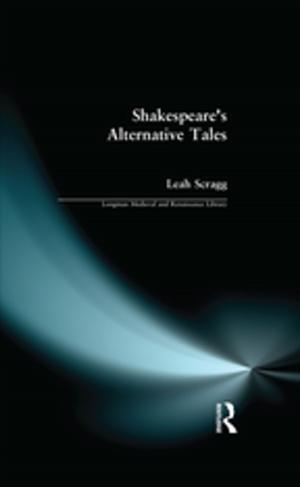| Author: | Michal Alberstein | ISBN: | 9781351909280 |
| Publisher: | Taylor and Francis | Publication: | March 2, 2017 |
| Imprint: | Routledge | Language: | English |
| Author: | Michal Alberstein |
| ISBN: | 9781351909280 |
| Publisher: | Taylor and Francis |
| Publication: | March 2, 2017 |
| Imprint: | Routledge |
| Language: | English |
Pragmatism and Law provides a textual reading of the American legal discourse, as it unfolds through various genres of pragmatism, which evolve and transform during the twentieth century. The historical narrative, which the book weaves, traces the transformation of the pragmatic idea from the forefront of philosophical intellectual inquiries at the turn of the twentieth century to a common sense lawyers’ practical rule of action at the turn of the twenty-first century. During this sequence, a fresh look at American history and legal history in particular is offered through the emphasis on recurring discursive structures which assume incommensurable treatments of basic liberal notions like justice, politics, and truth. Underlying the writing is an interpretative mode of inquiry, based on European post-structural methodologies, while claiming to represent their next intellectual phase. This contemporary mode of inquiry is that of a reading which insists on healing through the paradoxes. It is the same mode that sets, in the author’s view, the updated interpretative model of dispute resolution studies.
Pragmatism and Law provides a textual reading of the American legal discourse, as it unfolds through various genres of pragmatism, which evolve and transform during the twentieth century. The historical narrative, which the book weaves, traces the transformation of the pragmatic idea from the forefront of philosophical intellectual inquiries at the turn of the twentieth century to a common sense lawyers’ practical rule of action at the turn of the twenty-first century. During this sequence, a fresh look at American history and legal history in particular is offered through the emphasis on recurring discursive structures which assume incommensurable treatments of basic liberal notions like justice, politics, and truth. Underlying the writing is an interpretative mode of inquiry, based on European post-structural methodologies, while claiming to represent their next intellectual phase. This contemporary mode of inquiry is that of a reading which insists on healing through the paradoxes. It is the same mode that sets, in the author’s view, the updated interpretative model of dispute resolution studies.
